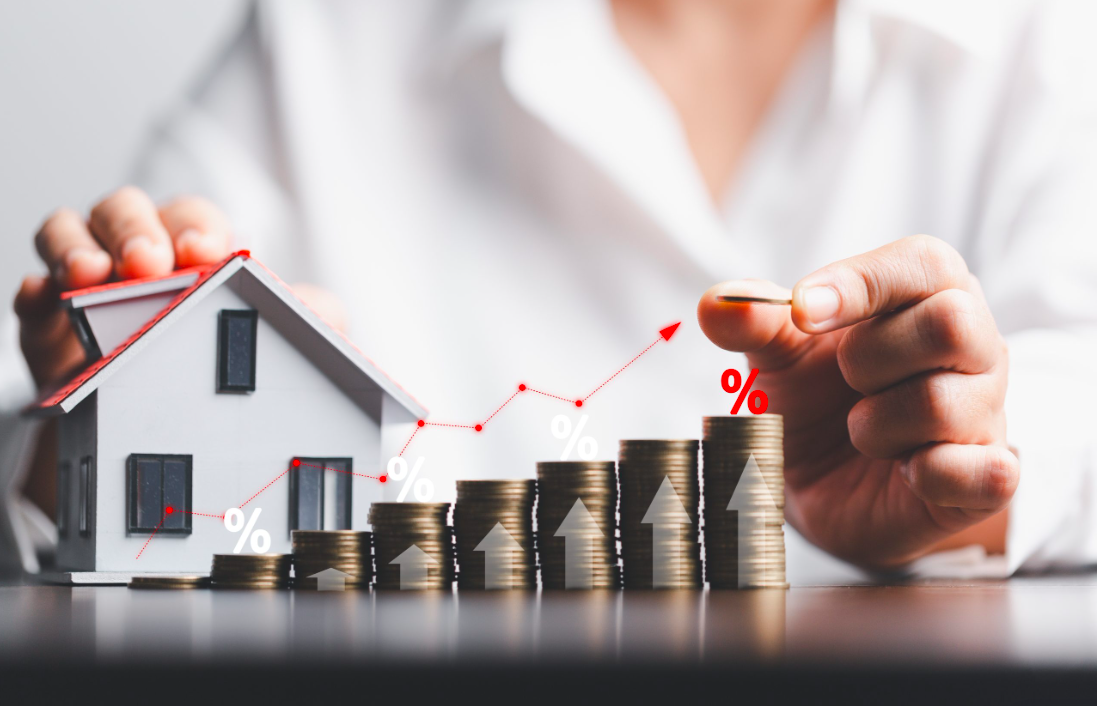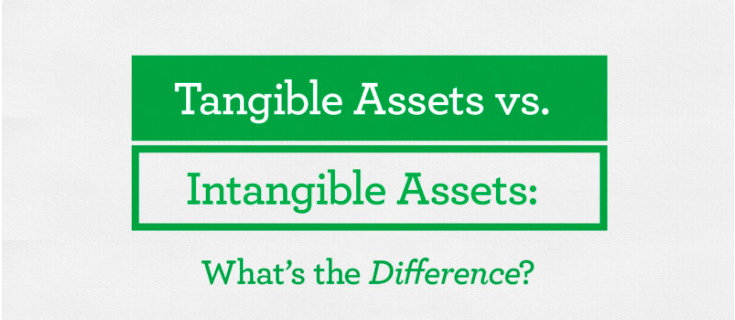
All Renovations Increase Property Value
Fact: Not all renovations add value — some can even reduce it.
Many property owners believe that any form of renovation will automatically boost their property’s market value. While some improvements do increase appeal and resale potential, not all upgrades translate to higher valuation — and some may even make the property less desirable.
Here’s why this is a myth:
- Overpersonalization Can Backfire
Highly customized renovations (like themed interiors, luxury features not suited to the market, or unconventional layouts) may not appeal to a broad range of buyers. A buyer may see these as costly to undo. - Poor Workmanship or Low-Quality Materials
Renovations done with substandard materials or by unskilled labor may look good initially but can lead to structural or aesthetic issues down the line — decreasing the property’s appeal and valuation. - Overcapitalization
Spending too much on upgrades that don’t match the local property market or neighborhood standard can result in losses. For example, a ₦20 million kitchen in an area where the average home sells for ₦30 million won’t yield a good return on investment. - Non-Permitted Work
Renovations done without proper approvals or in violation of building regulations can negatively affect valuation, as they introduce legal and structural risks for future buyers. - Neglecting Functional Spaces
Transforming useful spaces (like converting a bedroom to a walk-in closet or home gym) may reduce the utility of the home, especially in markets where bedroom count strongly influences value.
Fact Check Takeaway:
Before investing in renovations, consult with a professional estate surveyor and valuer to understand which improvements are actually value-enhancing in your local market. Focus on structural integrity, functional upgrades, and tasteful, market-aligned finishes.

 May 28, 2025
May 28, 2025



